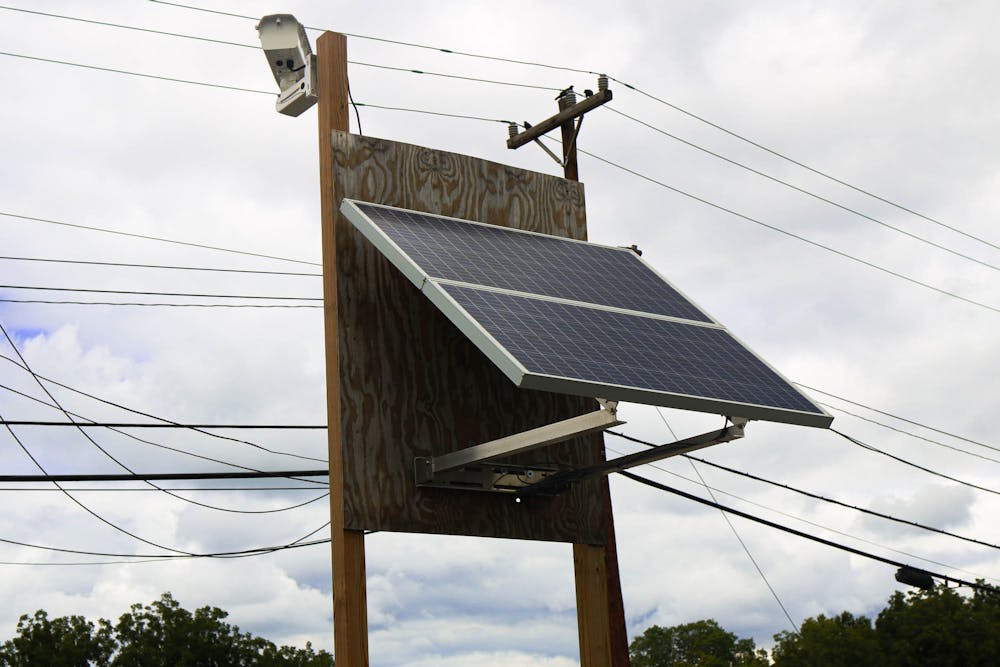The U.S Department of Energy’s Office of State and Community Energy Programs awarded a $1.5 million grant to Durham County to implement a program that will reduce energy burdens and promote energy efficiency in under-resourced neighborhoods in Durham, Orange and Granville counties.
The Durham County grant was part of the $30 million of clean energy funding the office granted nationwide through the Energy Efficiency and Conservation Block Grant Program (EECBG). The money was awarded to to 28 state, local and tribal governments.
Durham was the only entity in North Carolina to be awarded the grant, receiving money for the N.C. Energy Burden and Emissions Reduction Program.
The purpose of this project is to reduce energy burdens, build organizational capacity and develop clean energy technical skills in rural and urban neighborhoods across the three counties. Nonprofit companies and community organizations across the state, including the N.C. Sustainable Energy Association (NCSEA), collaborated to include this project in their counties.
Amy Eckberg, sustainability programs manager for Orange County, said the funding from the federal government maximizes collaboration between different regional entities.
“We were approached by the NCSEA, and they said ‘Hey, do you want to pursue the EECBG grant?’” she said. “We said yes, and they also approached Durham County and they were on board, and we pulled in Granville County, and so it became this really nice partnership with the three counties and several other partner organizations to pull this grant opportunity together.”
Eckberg said the grant program will focus on impacting underserved neighborhoods in Orange County.
The program is expected to impact more than 350 households, reducing energy use by eight to 20 percent. The Energy Burden and Emissions Reduction Program will also conduct energy efficiency workforce training efforts for disadvantaged communities.
Daniel Pate, the energy program manager at the NC Sustainable Energy Association, said even though the program is still in the early stages of planning, they are working to provide assistance with organizing energy workshops and promoting community engagement.




